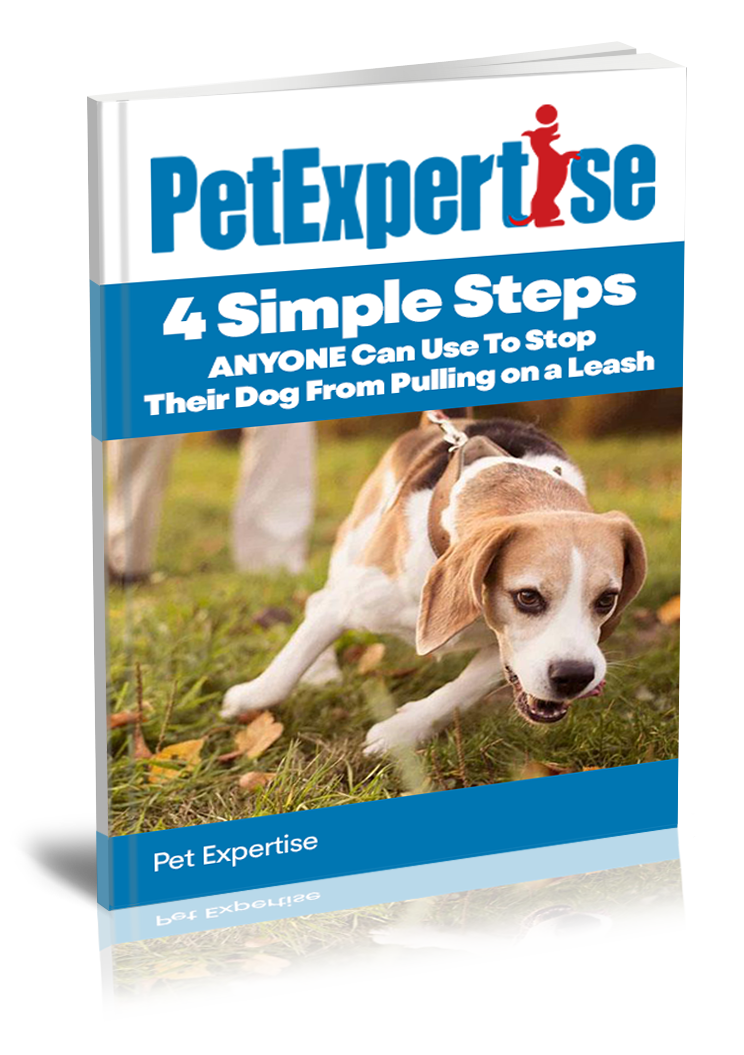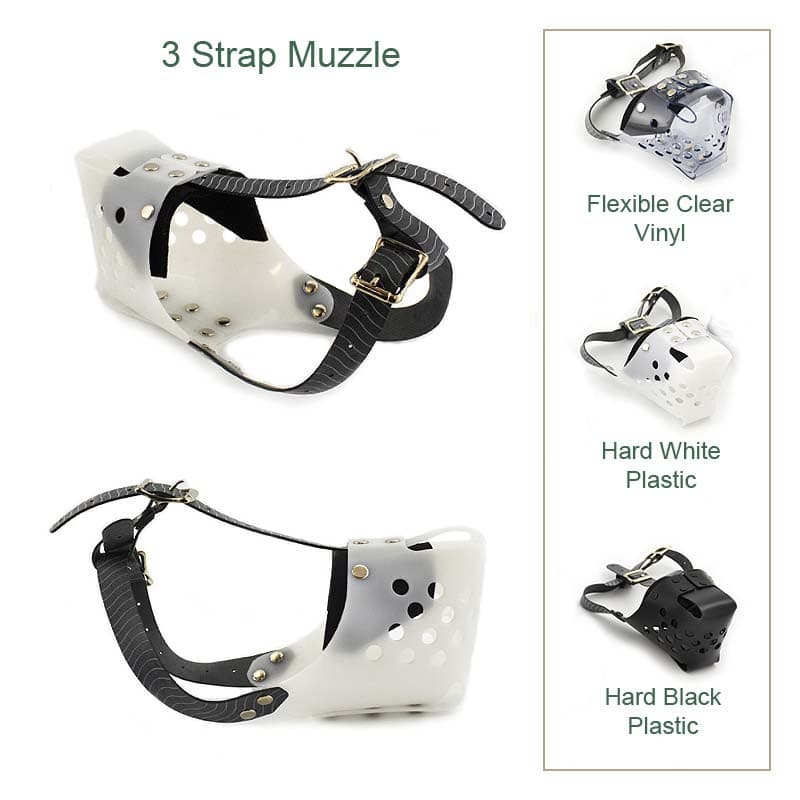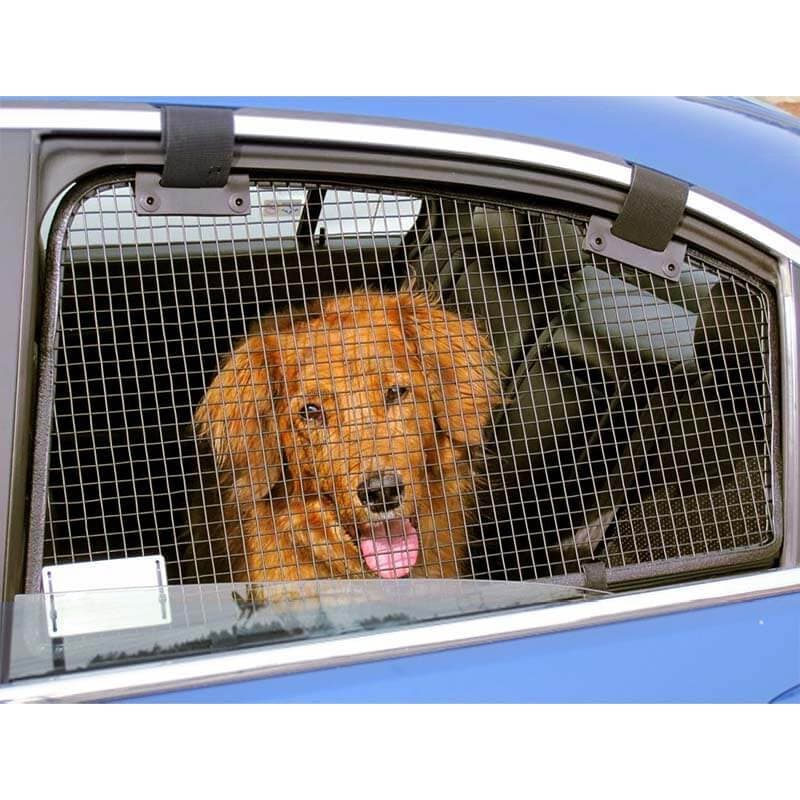The Truth About Antlers: Are They Safe for Your Dog?

The question of Are Antlers Safe for Dogs to Chew? sparks lively debates among pet owners and veterinarians. On one hand, antlers are natural and long-lasting, making them an attractive option for dog owners seeking durable chews. On the other hand, concerns about their safety are frequently raised, with many experts cautioning against their use.
This article delves into the heart of this debate by exploring:
-
The potential risks associated with using antlers as dog chews.
-
Expert opinions from veterinarians on the matter.
-
Best practices for those who choose antlers for their dogs.
While considering the use of antlers, it's crucial to prioritize your dog's safety. Safety collars can be a great help in ensuring your dog doesn't escape during such explorations.
By the end of this article, readers will have a clearer understanding of whether an Antler for Dogs is a safe choice or if there are more suitable alternatives available. Remember, it's always best to stay informed and follow expert advice when it comes to our furry friend's health and safety.
Understanding Antlers as Dog Chews
Antlers have become a popular choice for pet owners seeking durable chew toys. But what exactly are antlers, and why do they make such appealing chews?
Types of Antlers: Deer vs. Elk
Antlers are natural growths that emerge from the heads of deer and elk. They shed annually, which makes them a renewable resource. Here’s a quick breakdown:
-
Deer Antlers: Generally smaller and harder, these are often preferred for their durability.
-
Elk Antlers: Typically larger with a softer core, suitable for heavy chewers who enjoy gnawing through tougher materials.
When considering whether elk antlers are safe for dogs or if deer antlers are safe for dogs, it’s essential to weigh each type's characteristics.
Why Do Pet Owners Choose Antlers?
Pet owners gravitate towards antlers due to several key reasons:
-
Durability: Antlers last longer than many other chew options, making them cost-effective.
-
Natural Origin: Many appreciate that antlers are free from synthetic materials or additives.
-
Nutritional Benefits: The marrow inside is believed to offer nutrients like calcium and phosphorus.
These factors contribute to the perception that dogs can chew on deer antlers or elk varieties without issues.
Common Perceptions in the Pet Community
Within the pet community, opinions vary regarding antler safety:
-
Proponents argue they’re a natural and robust option compared to artificial chews.
-
Critics highlight potential risks, urging caution or alternative choices.
The question of "Are deer antlers safe for dogs?" sparks considerable debate, with experiences differing widely among pet owners. Understanding both sides helps inform better decisions about what’s best for your canine companion.
Potential Risks of Antler Chewing
Navigating the world of dog chews can be daunting, especially when faced with questions like "Are antlers safe for dogs to chew?" While these natural options might seem appealing, there are significant risks pet owners should consider.
Dental Health Concerns
Hardness of Antlers and Its Impact on Dog Teeth
Antlers are known for their extreme hardness, which can pose serious dental risks. The sturdy nature of antlers makes them a formidable opponent for even the most determined chewers. Unfortunately, this durability is not always a good thing. The hard surface can lead to fractured teeth in dogs, an issue that is both painful and costly to remedy.
Statistics on Dental Injuries Related to Antler Chewing
A survey conducted among veterinarians revealed alarming statistics: a significant percentage of dental injuries in dogs were linked to hard chews like antlers. Veterinarians have reported cases where dogs suffered from cracked or broken teeth due to chewing on these robust items. This has prompted many professionals to caution against using antlers as chews.
Common Types of Dental Damage Caused by Hard Chews
-
Fractured Teeth: Dogs frequently experience fractures when trying to bite through the dense material of an antler.
-
Worn Down Teeth: Prolonged chewing can wear down a dog's teeth, leading to sensitivity and potential dental disease.
-
Tooth Root Abscesses: If a tooth fracture exposes the pulp, it can lead to painful infections or abscesses, requiring immediate veterinary attention.
Choking Hazards and Gastrointestinal Issues
In addition to dental concerns, antlers can present choking hazards and gastrointestinal issues. Pieces of antlers can break off during chewing, posing a significant risk if swallowed.
-
Choking Risks from Small Pieces: Small fragments can easily become lodged in a dog's throat, leading to choking or difficulty breathing.
-
Obstructions from Larger Chunks: Larger pieces can cause blockages in the gastrointestinal tract, sometimes necessitating emergency surgery.
Case studies illustrate numerous instances where dogs required urgent medical intervention after ingesting pieces of antlers. These situations underscore the importance of monitoring your pet closely if you choose to provide them with an antler chew.
By understanding these risks associated with antler chewing, pet owners can make more informed decisions about their dog's health and safety. Balancing the potential benefits with the risks is crucial as we delve into expert opinions on this debated topic.
However, it's essential to note that there are safer alternatives available in the market. For instance, Mutt Muffs offer hearing protection for dogs during loud events or training sessions.
For more information about positive dog training products and expert advice, you may want to visit Pet Expertise, a website created by dog trainer Jess Rollins in 2003
Choking Hazards and Gastrointestinal Issues
Antlers have gained popularity among pet owners, yet they bring along specific dangers that often go unnoticed. One primary concern revolves around the choking hazards associated with antler chews. As dogs gnaw on these hard structures, small fragments can break off. These shards pose a significant risk as they can easily become lodged in a dog's throat, leading to serious choking incidents.
Larger chunks of antlers also present their own set of dangers. When ingested, they can cause gastrointestinal obstruction in dogs. This occurs when a sizeable piece blocks the digestive tract, which may require emergency medical intervention. Veterinarians frequently report cases where such blockages necessitate invasive procedures to remove the obstruction and alleviate the dog's distress.
To illustrate the severity of these issues, consider statistics from veterinary clinics that highlight an increase in emergency surgeries related to antler ingestion. For instance, some studies suggest that a notable percentage of gastrointestinal blockages in dogs are due to ingestible foreign bodies like antlers. These situations not only pose grave health risks but also lead to costly medical bills for pet owners.
Pet owners should be mindful of these potential dental risks and physical hazards when considering antlers as chew toys. A fractured tooth in dogs is not uncommon due to the hard nature of antlers, contributing further to the debate: Are Antlers Safe for Dogs to Chew? Recognizing these risks is crucial for making informed decisions about what is best for your furry friend's safety and well-being.
Veterinary Opinions on Antler Chewing
Veterinarian Recommendations
When it comes to the safety of antlers as dog chews, a significant majority of veterinarians express caution. Based on recent surveys, 93% of veterinarians recommend against using antlers for dogs. This overwhelming consensus highlights various risks associated with antler chewing that concern veterinary professionals.
Safety Concerns with Antlers
Why do so many experts advise against them? Several factors contribute to this cautious stance:
-
Dental Damage: Veterinarians frequently cite the hardness of antlers as a major issue. Dogs chewing on these hard surfaces can suffer from broken teeth and other dental injuries, leading to painful conditions and expensive treatments.
-
Choking Hazards: Antlers can splinter into small pieces or break off in larger chunks, posing serious choking risks or causing gastrointestinal obstructions that may necessitate emergency surgery.
-
Variable Durability and Size: Not all antlers are created equal. Differences in size, density, and quality mean inconsistent safety levels, making it difficult for pet owners to choose appropriately.
Incorporating insights from veterinary experts sheds light on why precaution is necessary. The potential harm and complications associated with antler chews outweigh the benefits they might offer as a natural chew option. By acknowledging these expert insights, pet owners are better equipped to make informed decisions about their dog’s health and well-being.
Best Practices in Choosing Antlers for Dogs
When considering antlers as a chew toy for your furry friend, implementing best practices is essential to minimize potential risks and ensure safety. One of the most crucial aspects to focus on is supervision while chewing.
Supervision While Chewing
-
Monitoring Dog Behavior: Keeping a close eye on your dog while they enjoy an antler chew is vital. This allows you to quickly address any signs of distress or discomfort. If your dog appears to struggle with the hardness of the antler or attempts to swallow large pieces, immediate intervention may prevent serious issues.
-
Are Antlers Safe for Dogs to Chew?: The safety of antlers as chews largely depends on how they are used. While some pet owners believe antlers are good for dogs due to their natural composition and long-lasting nature, others express concern about potential harm. By supervising, you can assess how your dog interacts with the antler and decide if it’s an appropriate choice.
-
Preventing Accidents or Injuries: Active supervision can help avoid common mishaps such as dental fractures or choking hazards. Observing your dog's technique can offer insights into whether they're at risk of damaging their teeth, a frequent concern given the hardness of antlers.
-
Duration of Chew Sessions: Limiting chew time reduces wear on your dog's teeth and allows you to manage any risks effectively. Shorter sessions also prevent them from becoming overly focused on breaking down the antler, which could lead to aggressive chewing behaviour.
Understanding these practices not only ensures that you're making informed decisions but also highlights the importance of balancing enjoyment with safety. By closely observing and engaging with your dog's chewing habits, you can create a safer environment that prioritizes their well-being over trendy chew toys like antlers.
However, if concerns about safety persist, exploring alternatives might be a worthwhile consideration. For instance, help for hyperactive dogs who may not have self-control when it comes to chewing might be needed.
Alternatives to Antler Chews
Pet owners often question, "Are antlers safe for dogs to chew?" While the debate continues, it's crucial to explore safer alternatives that ensure your pet's well-being. By choosing wisely, you can avoid the potential risks associated with hard chews like antlers.
Some popular alternatives include:
-
Rubber Chew Toys: Made from durable materials, these toys are designed to withstand aggressive chewing without damaging teeth.
-
Nylon Bones: These provide a satisfying chew while being gentler on dental health.
-
Dental Chews: Specifically formulated to clean teeth and freshen breath; they serve a dual purpose of entertainment and oral care.
-
Natural Bully Sticks: A more digestible option that offers both flavour and safety.
-
Ruffwear Hydro Plane: A floating soft foam disc dog toy that's perfect for water fun.
For those who still prefer using antlers, strict supervision while chewing is essential. Monitoring dog behaviour during chew sessions can help prevent accidents or injuries. Prioritizing safer alternatives not only caters to the dog's instinctual need to chew but also ensures their overall safety and health.
Nutritional Considerations
Exploring the nutritional benefits of antlers reveals interesting insights into why some pet owners might consider them chew toys for their furry friends. Antlers are naturally shed by deer and elk, making them an eco-friendly choice that doesn't harm wildlife. They contain a core of nutrient-rich marrow, which is a primary attraction for dogs.
Nutritional Content of Antlers
-
Marrow: The inner core of antlers contains marrow, which is rich in proteins, healthy fats, and minerals such as calcium and phosphorus. These nutrients are essential for maintaining strong bones and overall vitality in dogs.
-
Minerals: Apart from calcium and phosphorus, antlers also provide trace amounts of zinc, magnesium, and iron. These minerals support various bodily functions including immune system health and energy production.
The question arises: Are antlers safe for dogs to chew? While the nutritional content might seem beneficial, it's crucial to weigh these advantages against potential health risks. Chewing on antlers can lead to dental injuries and gastrointestinal issues, which may overshadow any nutritional gains.
Do Nutritional Benefits Justify the Risks?
For many pet owners, the potential dental damage or choking hazards associated with antler chews might outweigh their nutritional perks. Considering safer alternatives that provide similar nutritional benefits without the risks could be more advantageous.
Veterinarians often suggest looking into other sources of these nutrients that can be safely incorporated into your dog's diet through balanced meals or supplements. This approach ensures your dog receives essential nutrients without compromising their safety.
Finding a balance between providing nutritional benefits and ensuring safety is essential when choosing chew toys for your pet. Understanding both aspects can help make informed decisions that prioritize your dog's well-being.
Conclusion
When considering the question, Are Antlers Safe for Dogs to Chew? it's crucial to weigh the potential risks against the perceived benefits. While antlers may seem like a natural and long-lasting option, their hardness poses significant dangers to your dog's dental health and can lead to severe injuries.
Final thoughts on antler safety:
-
Dental Risks: The risk of broken teeth and oral injuries cannot be overlooked.
-
Choking Hazards: Small pieces breaking off can become choking hazards or cause blockages.
-
Veterinary Advice: Most veterinarians advise against antlers as safe chew toys due to these concerns.
Pet owners are encouraged to prioritize their pets' health by opting for safer alternatives available in the market such as natural long-lasting dog chew toys that promote mental & physical stimulation. Choosing wisely means balancing fun with safety, and ensuring your furry friend's well-being without falling for potentially harmful trends.
- Choosing a selection results in a full page refresh.
- Press the space key then arrow keys to make a selection.



